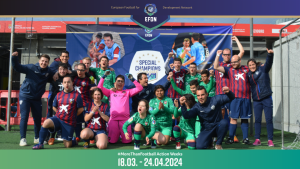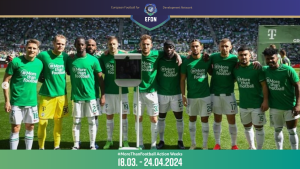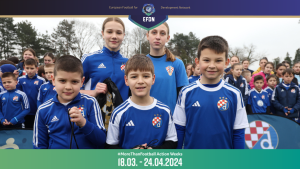Football and the SDGs
Today 25 September is the #Morethanfootball Action Weeks Sport and the SDGs Action Day. We invite all campaign participants to showcase the ways in which they are contributing to the 2030 Agenda for Sustainable Development.
The Sustainable Development Goals (SDGs) are part of the 2030 Agenda for Sustainable Development, adopted by all United Nations member states in 2015 and provide a shared blueprint for peace and prosperity for people and the planet, now and into the future.
At its heart are the 17 SDGs which are an urgent call for action by all countries that recognise ending poverty and other deprivations must go hand-in-hand with strategies that improve health and education, reduce inequality and spur economic growth – all while tackling climate change (UN). Sport and the SDGs intersect at the point where the former is used as a tool for social development. With EFDN running its #Morethanfootball Action Weeks from September 15 to October 11, its members and participating organisations will be showcasing initiatives that respond to several of the SDGs.
SDGs challenge
The SDGs challenge will feature prominently on September 25. Explain how your organisation contribute to certain SDGs and post the photos/ videos using #morethanfootball and #Football4SDGs.

EFDN implements several programmes that support a variety of SDGs. These include for example:
SDG 3 – Good health and well-being
Active Fans – this programme was launched in January 2018 and aims to develop a new European standard and methodology that uses football as a tool to reach men and women from 35 years and older who would like to get physically active again, make lifestyle changes and improve their diets.
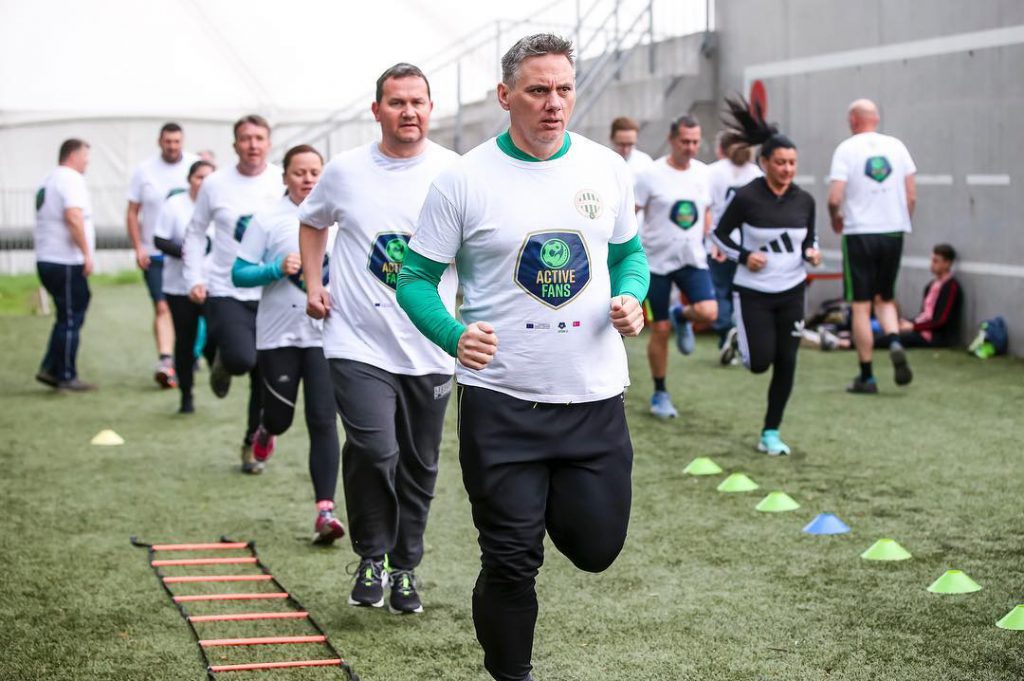
Scoring for Health – aims to tackle the problem of childhood obesity which is still a critical issue throughout Europe today. It encourages children from 7 to 14 years and their parents to adopt a healthy lifestyle and make them aware of healthy nutrition.
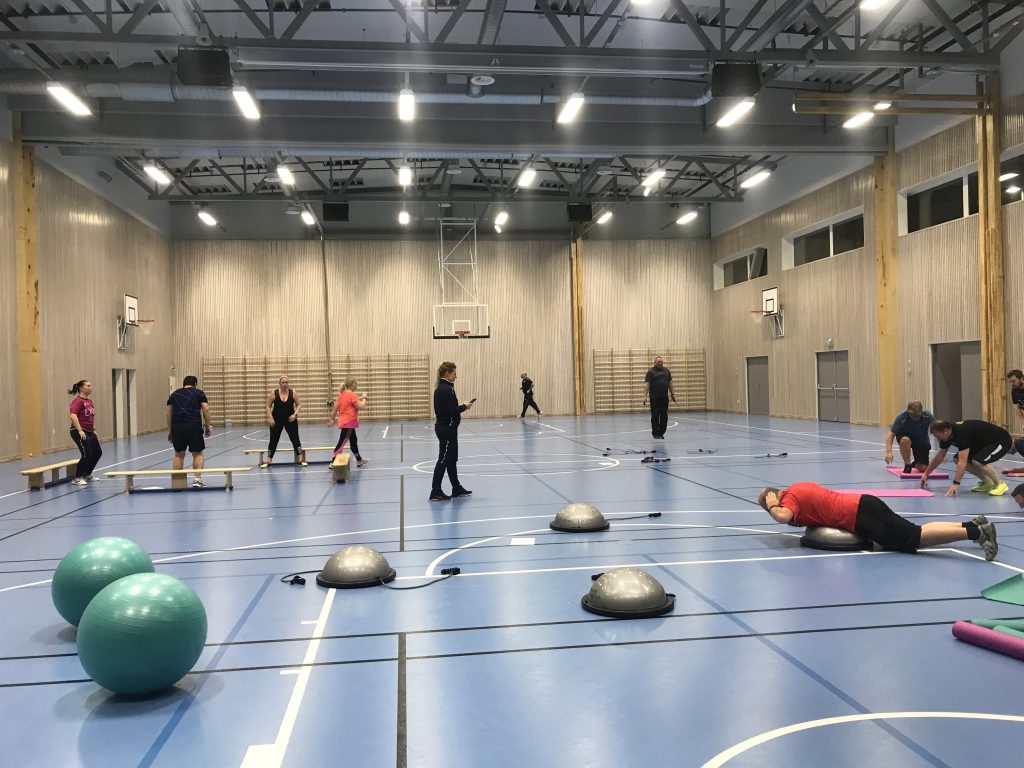
SDG 4 – Quality Education
Show Racism the Red Card – SRtRC is a 24-month anti-racism and anti-discrimination programme which is based on the proven concept of the Red Card Campaign delivered in several European countries. It utilises the high-profile status of football and football players to help tackle racism in society. The project aims to raise awareness of diversity, foster social cohesion and reduce physical and verbal violence linked to racism.
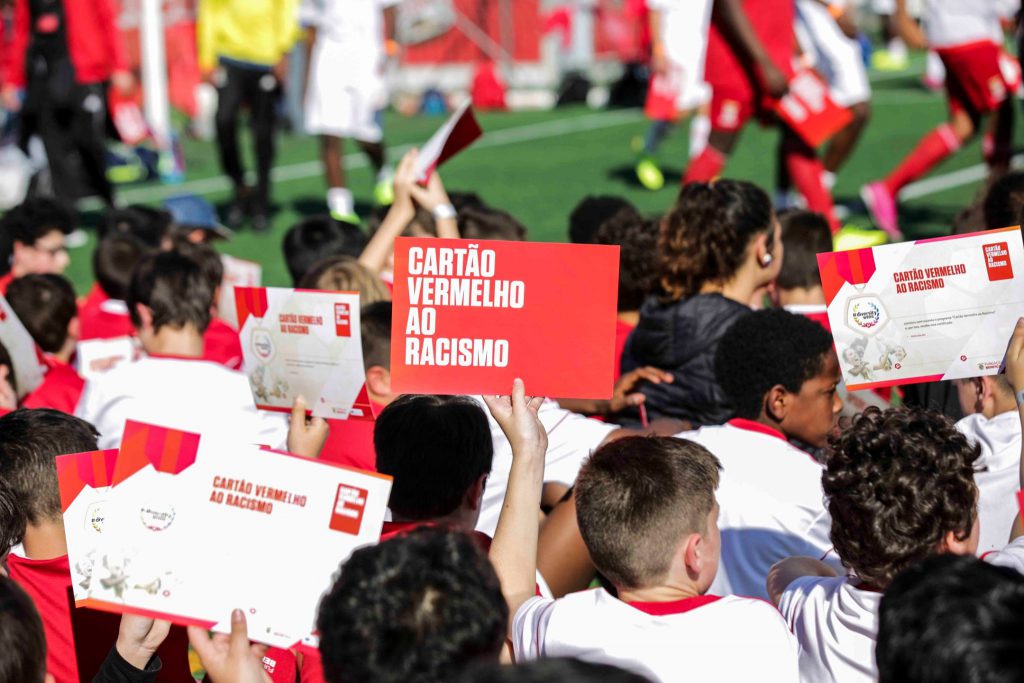
SDG 17 – Partnerships for the goals
EFDN Conferences – twice annually, EFDN gathers more than 200 experts, leaders and practitioners from Europe who are using the power of football for development. The conferences include experts and leaders from the football CSR industry who present and provide workshops on their innovative work, current and future trends.
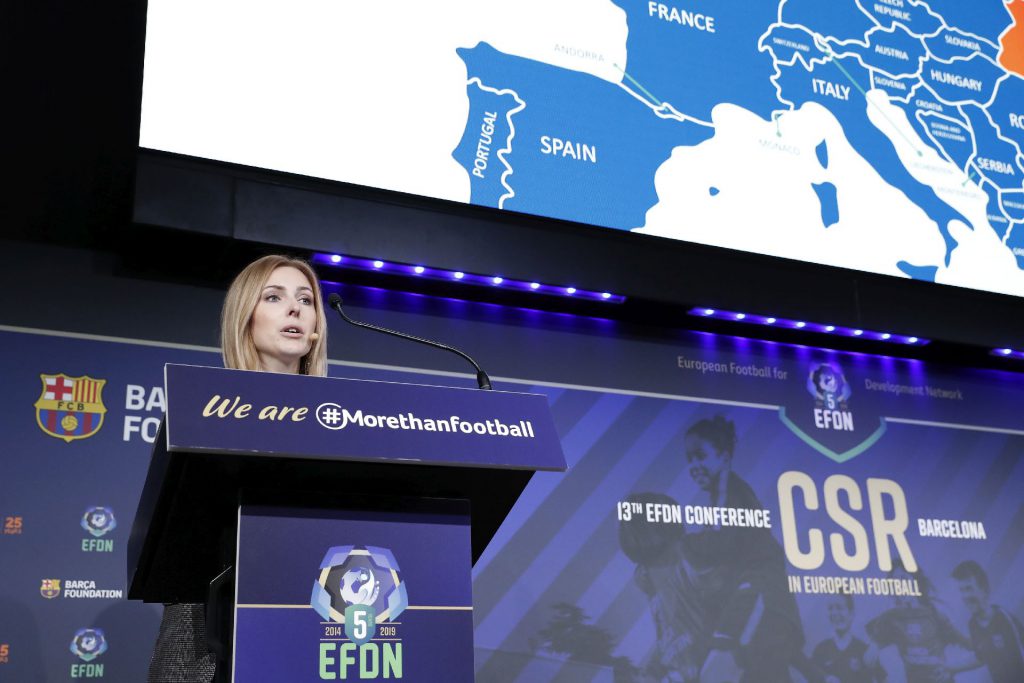
EFDN Staff Exchanges – they are based on participants getting together to exchange ideas and methodologies, share best practices and experiences and – if applicable – compose a small practice guide with inspiring projects and training methodologies to enhance the quality of sport-based social inclusion programs for youth in general and children with disabilities. Such a practice guide will enhance and diverse the quality of local projects for youth with special needs and disabilities.
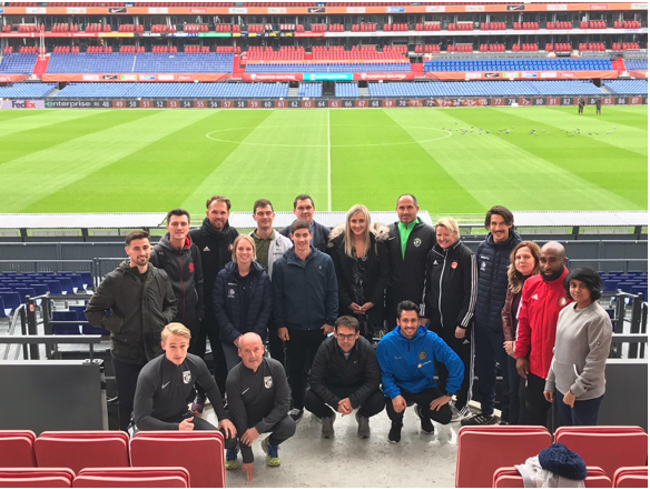
The Community and Social Responsibility (CSR) projects implemented across European football tackle many of the current and emerging issues afflicting communities across the world. The reality may not be the same as in other continents but the issues are replicated. Visit the SDGs section on the EFDN website for more information.
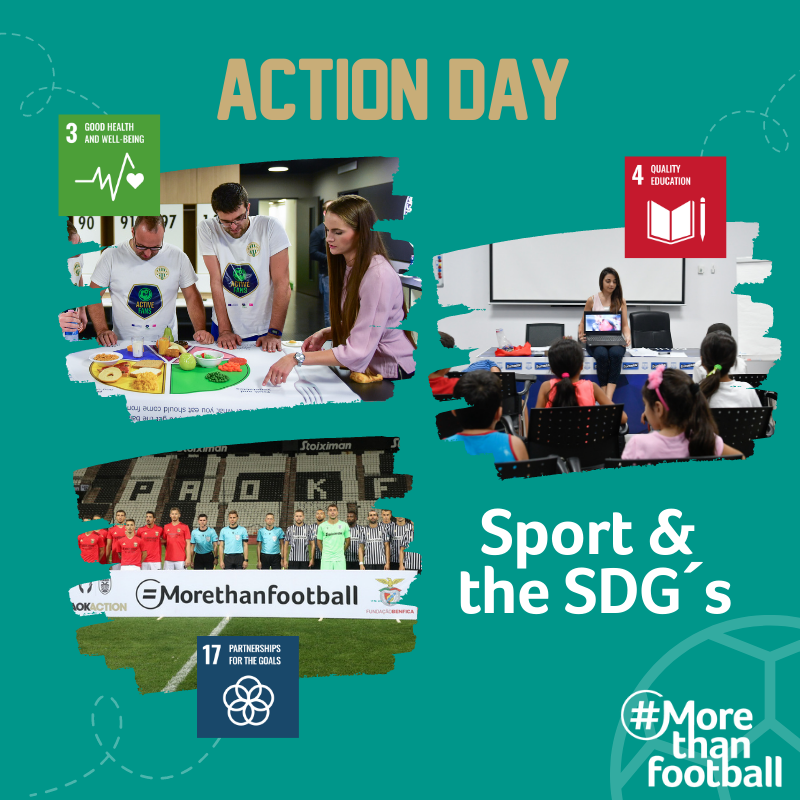
Funding partners



